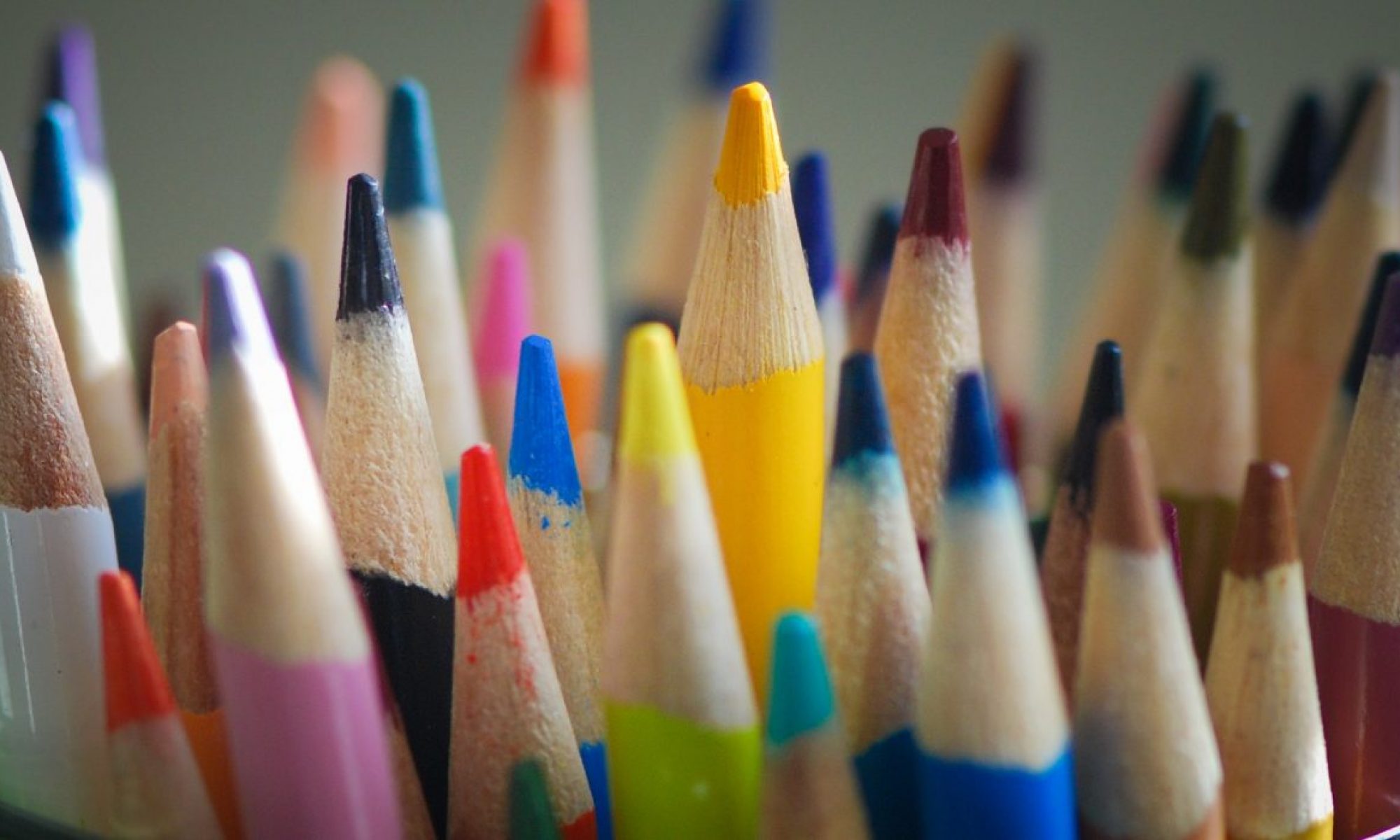![]()
This month in Modern Learners Community our theme is difficult conversations. I don’t think anyone particularly enjoys conflict. As a new principal, I fell into the “tries to avoid conflict at all costs” style of leadership, which frankly wasn’t helpful in most situations. I learned over time and with experience that conflict could be productive. That, through relationship building, a focus on listening, and acquired mediation and people skills, difficult conversations could, indeed, have positive outcomes. And, not only that, most of the time, those difficult conversations were necessary.
Why are difficult conversations so difficult?
They evoke feeling.
They make us question things we believe.
They strain relationships.
What makes me most uncomfortable about these difficult conversations, particularly those around topics like racism and power inherent in school systems, is that I hadn’t really been asked to confront these ideas for at least my first 15 years of serving as an educator. Not in undergrad. Not in grad school. Not as a classroom teacher. Began to scratch the surface as a principal, but my awareness of needing to evoke difficult conversations has come as the direct result from continued connections with other educators; by reading, reflecting, and listening to those whose life experiences and needs differ from my own.
Difficult conversations are necessary. And they arise when we’re placed in a space where learning needs to occur. Don’t shy away from the conflict. Don’t turn off the conversations. Learn.
How I’m Learning Lately
Reflecting on Educon contributions from Val Brown. Thankful for her willingness to share the resources from Teaching Tolerance that have been instrumental in guiding our work with educators inside MLC and beyond. My biggest takeaway from her sessions that weekend were that the same provocations and strategies we should use with students to confront issues of racism and power need to be addressed with every adult leading the way. We can’t do this work if we don’t first work to acknowledge our own biases and then take action to change.
Reading Digital Minimalism and joining in Doug Belshaw’s bookclub hosted via We are Open co-op’s Slack.
Listening to the Modern Learners podcast – now available on Spotify!
Watching Won’t You Be My Neighbor? Childhood memories. Tears upon tears. Feelings and truly honestly believing Fred Rogers gets me as a human being. To him, the world’s greatest evil is “people trying to make you feel less than you are.”
“Love is at the root at everything, all learning, all relationships, love or the lack of it.”
Writing in Modern Learners Community. And writing some more.
Curating a list of must-reads for the community. What’s on your to-read list?
